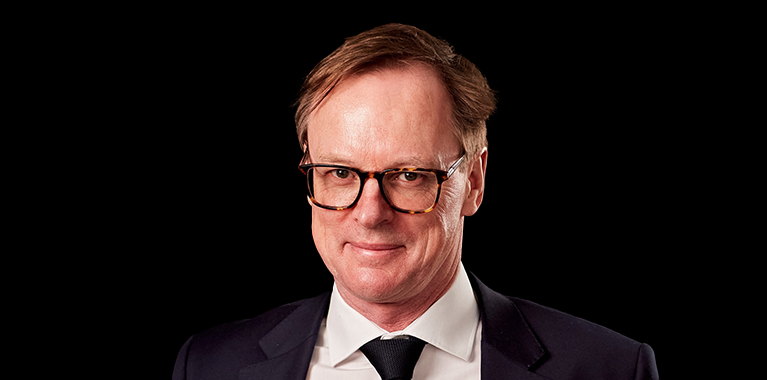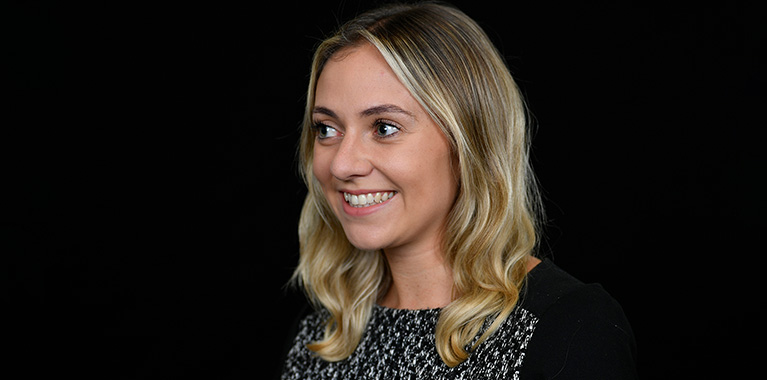Revoking permission for expert evidence: Andrews v Kronospan
Expert evidence is key in providing the court with valuable insight in cases that involve technical or specialist knowledge.
While it is well established that an expert witness has an overriding duty to the court as opposed to the solicitor who instructs them1, the recent decision in Patricia Andrews and ors v Kronospan Limited2demonstrates the consequences of not complying with that duty. In particular, the judgment provides a clear overview of the circumstances in which breach of the rules on communication between experts and solicitors may result in the exclusion of expert evidence.
Background
The Claimants in the Chirk Nuisance Group Litigation alleged that the Defendant was liable to them in public or private nuisance due to the noise, odours and emissions produced by the Defendant's wood processing and manufacturing plant in North Wales.
Both parties were granted permission to rely on expert evidence in respect of dust dispersion modelling and dust analysis.
Following disagreement between the parties about the methodology of the dust analysis, the court gave detailed directions which aimed to focus the experts' minds on their duty to assist the court. Although the experts commenced their joint discussions, the joint statement was not finalised. This was because correspondence revealed that the Claimants' expert, Dr Gibson, had been inappropriately communicating with the Claimants' solicitors during the joint discussions and whilst preparing the draft joint statement. Whilst privilege was claimed over some of those email and telephone communications, it transpired that the Claimants' solicitors had received updates as to progress, and to some extent, the content of joint discussions. Similarly, their comments on the draft joint statement had, in some instances, gone far beyond formatting and typographical input. In fact, accepting that they had provided at least 16 comments involving "advice and suggestions as to content", the Claimants' solicitors admitted in witness evidence that they had made "serious transgressions".
Revoking permission to rely on expert evidence
The Defendant applied to revoke the Claimants' permission to rely on expert evidence on the basis that there had been a breach of CPR 35 and PD 35.9. In doing so, the Defendant relied on the fact that: (1) Dr Gibson's conduct demonstrated that despite his overriding duty to the court, he was acting in the interests of the Claimants; and (2) the Claimants' solicitors failed to comply with their duties under CPR 35 by commenting or making suggestions to Dr Gibson alone on issues of substance in the draft joint statement.
Despite conceding their "transgressions", the Claimants relied on the decision in BDW Trading Ltd v Integral Geotechnique (Wales) Ltd3, to argue that revoking their permission to rely on Dr Gibson's evidence would be disproportionate and lead to significant additional costs and delay. They noted that Dr Gibson had been involved in the case for over 3 years and that approximately £255,000 of associated fees had been incurred by the Claimants.
Decision
In considering the appropriate sanction to impose (if any) in light of the breaches by Dr Gibson and the Claimants' solicitors, Senior Master Fontaine considered the recent decisions in BDW and Dana UK Axle v Freudenberg4 (an analysis of the latter case is available in our article here).
In Dana v Freudenberg, the breaches identified were so serious that the Claimant's application to exclude three expert reports in their entirety was granted. In BDW, however, although there had been a "serious transgression" of the rules on expert evidence, there had only been a single communication between the expert and the solicitors, and this had not resulted in any significant modification of the expert's report. The court was satisfied in that case that the expert had genuinely been unaware that their conduct had been inappropriate and in those circumstances, it elected not to impose a sanction.
In stark contrast, in this case the disclosed documents showed that "continuing discussions" on the draft joint statement occurred between Dr Gibson and the Claimants' solicitors for some months. While Senior Master Fontaine was unable to conclude whether or not Dr Gibson's evidence had been altered as a result of those discussions, she noted that was not the test for excluding evidence. Rather, it was just one of the factors for consideration. In the absence of any evidence from Dr Gibson about his conduct, Senior Master Fontaine concluded that the available evidence strongly suggested that he viewed himself as an advocate for the Claimants, not the court. Emphasising the need to preserve confidence, integrity and independence in the expert discussion process, Senior Master Fontaine concluded that:
"[…] the serious transgressions by the Claimants' solicitors and Dr Gibson are such that the court has no confidence in Dr Gibson's ability to act in accordance with his obligations as an expert witness.5"
In those circumstances, the court revoked the Claimants' permission to rely on Dr Gibson as an expert. However, noting that a trial date had not yet been set, and that any newly appointed expert would have the benefit of independently collected and analysed data, Senior Master Fontaine permitted the Claimants to rely on a new expert.
Practical considerations
This case serves as a reminder to legal professionals and expert advisors that the court will not hesitate to impose sanctions on those who fail to comply with the rules on expert evidence. It also emphasises the importance that the courts are placing on transparency and independence in witness evidence generally. One of the reasons such a significant sanction was imposed in this case was because the Claimants' solicitors failed to reveal the true extent of their communications voluntarily. It was only because of the persistence of the Defendant's solicitors in bringing the application that the full extent of their involvement was disclosed. The consequences of this lack of candour similarly counted heavily against the defendant in Rogerson v Eco Top Heat & Power Ltd (summarised here), where the court assumed that the failure to disclose the basis upon which an expert had been instructed was to avoid an allegation of 'expert shopping'.
While in exceptional circumstances it may be necessary (for example to avoid "material misunderstanding of law or fact"6) for a legal advisor to comment on a joint statement, the key takeaway from this case is that any such involvement must be undertaken in an open and transparent manner, involving the court, all parties and the experts.
1 Civil Procedure Rule 35.3
2 [2022] EWHC 479 (QB)
3 [2018] EWHC (TCC)
4 Dana UK Axle Ltd v Freudenberg FST GmbH [2021] EWHC 1413 (TCC)
5 Paragraph 34
6 BDW Trading Ltd v Integral Geotechnique (Wales) Ltd [2018] EWHC 1915(TCC); paragraph 13.6.3 of the Technology and Construction Court Guide.



